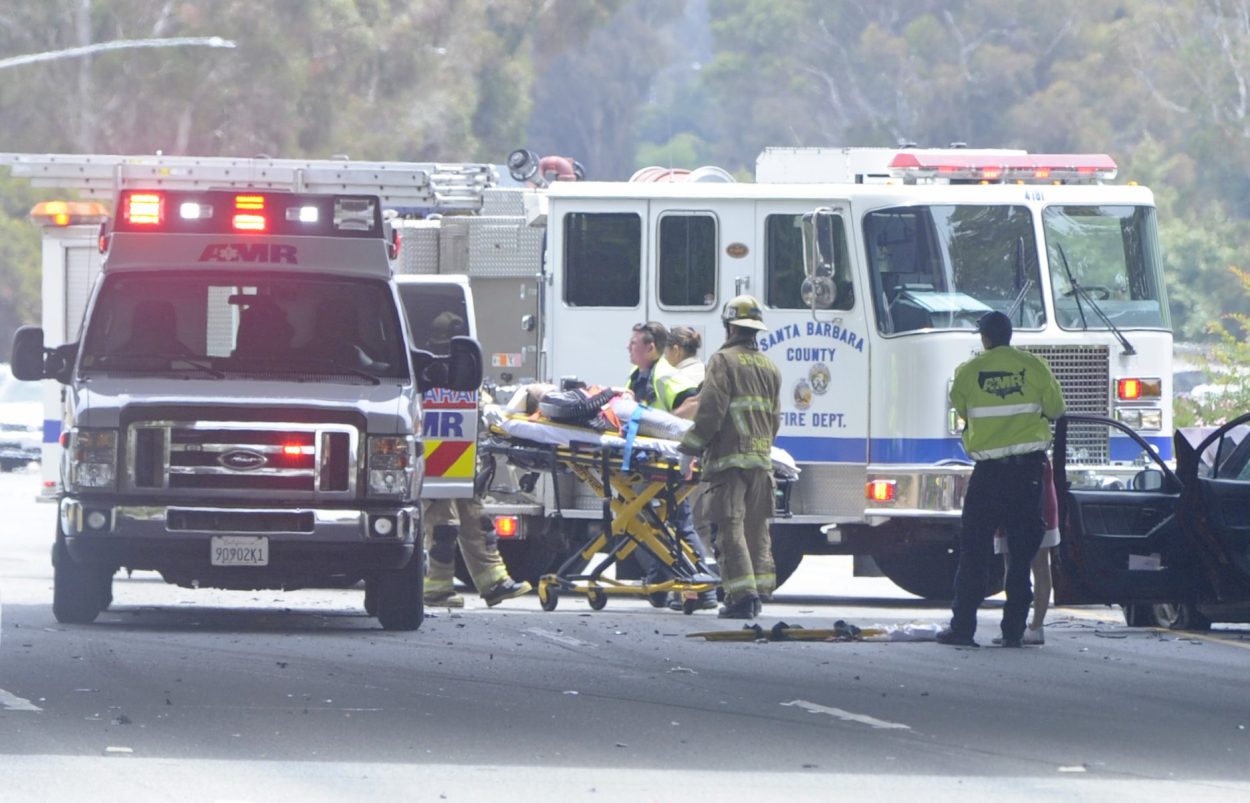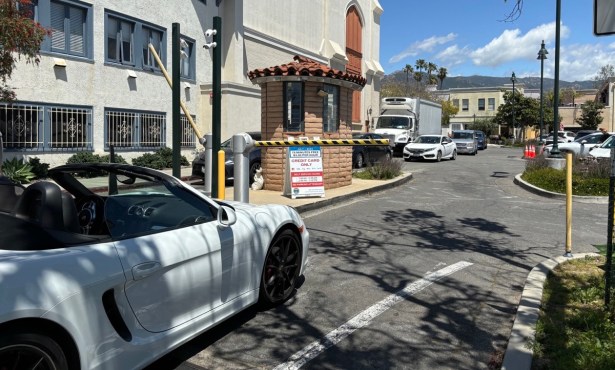California Attorney General Bonta Weighs in on Santa Barbara County’s Ambulance Fight
Raises Serious Legal Doubts About Supervisors’ Decision to Award Ambulance Contract to County Fire

The pitched legal battle over the future of ambulance service in Santa Barbara County just got infinitely more complicated because California Attorney General Rob Bonta filed legal papers raising serious doubts about the legality of the county supervisors’ decision earlier this year to award the ambulance contract to the county Fire Department. In so doing, the supervisors effectively overruled the county’s Local Emergency Medical Services Authority, which concluded that the contract should go to AMR — which has held the exclusive franchise for the past 40 years — instead.
With County Fire looking at a March 1 deadline to take over the provision of pre-hospital ambulance service, it remains uncertain what sort of delays the Attorney General’s intervention might cause. Already, the December 8 hearing scheduled in Judge Donna Geck’s courtroom, to hear AMR’s motion for an injunction, has been pushed back to December 22.
“We’ve got 79 days to get everyone hired, certified, trained, and ready to go,” said Chief Mark Hartwig. “We have 60 paramedics to hire and 65 EMTs. We’ve got hiring interviews scheduled this week. If the judge tells us to stop, my question is, ‘Stop what?’ We can’t stop and meet our March 1 deadline.”
Next week’s hearing is over AMR’s motion for an immediate injunction while the company’s more comprehensive legal challenge can get hashed out. If that’s not settled, Hartwig estimated that could take two to five years to resolve.
While the attorneys filing the friend-of-the-court brief on Bonta’s behalf stressed they had not verified the accuracy of AMR’s many allegations, they were troubled by the possibility the county supervisors had a conflict of interest in awarding a “de facto” monopoly for ambulance services to one of its own agencies.
Equally troubling to Bonta’s attorneys was that the supervisors bypassed state law by bypassing the recommendations of its own medical services authority, which had recommended the contract go to AMR based on the ratings provided by a consultant hired by the county. State law gives local emergency medical authorities significant legal standing when it comes to awarding ambulance companies exclusive contracts in order to protect the public from abuses typical of monopolies.
The county supervisors believed they addressed this concern by breaking the contract into three parts and putting each up for competitive bidding. AMR lost on the parts it bid for and abdicated on the parts it chose not to.
“The county’s argument is correct, but misses the point,” the Attorney General argued. The county supervisors, his attorneys argued, “may have created a de facto monopoly on ambulance services without substantive input” from its emergency medical services board.
The supervisors chose to give County Fire the contracts because they believed County Fire could provide more comprehensive and quicker ambulance service for less money than AMR.



